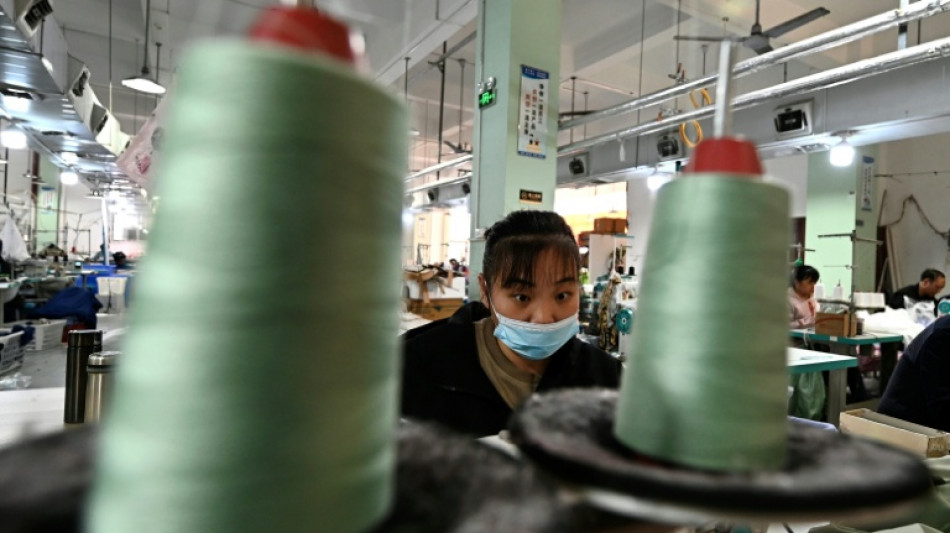
-
 French Open sensation Boisson falls in Wimbledon qualifying
French Open sensation Boisson falls in Wimbledon qualifying
-
US Fed chair to signal no rush for rate cuts despite Trump pressure
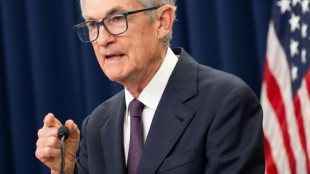
-
 England lay foundation for victory charge against India
England lay foundation for victory charge against India
-
EU lawmakers vote to bar carry-on luggage fees on planes
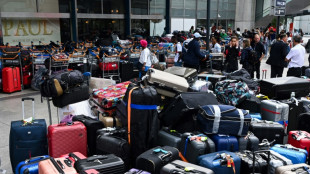
-
 Wimbledon plan to honour Murray with statue
Wimbledon plan to honour Murray with statue
-
Russian strikes kill 7, wound dozens in Dnipro
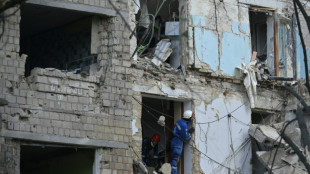
-
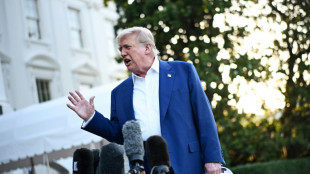 Trump says Iran-Israel truce holds after berating both countries
Trump says Iran-Israel truce holds after berating both countries
-
Oil slides, stocks jump amid Iran-Israel ceasefire uncertainty
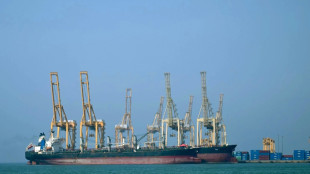
-
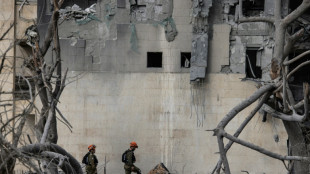 Ceasefire in Iran-Israel war takes hold
Ceasefire in Iran-Israel war takes hold
-
Former India spinner Dilip Doshi dies aged 77

-
 Edwards appointed Middlesbrough manager
Edwards appointed Middlesbrough manager
-
German budget plans outline vast spending - and record debt
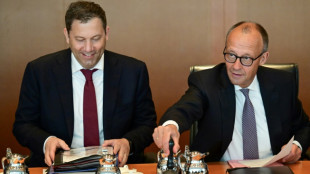
-
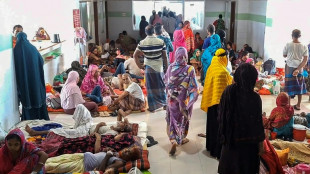 Deadly dengue fever impacts climate-hit Bangladesh coast
Deadly dengue fever impacts climate-hit Bangladesh coast
-
France orders Tesla to end 'deceptive commercial practices'
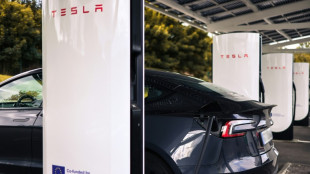
-
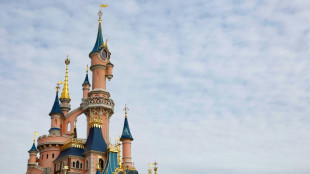 France charges Briton over staged Disneyland 'marriage' with child
France charges Briton over staged Disneyland 'marriage' with child
-
Israel says agreed to Trump plan for ceasefire with Iran
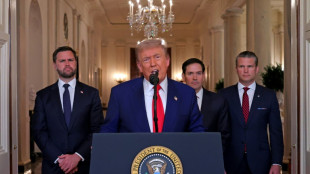
-
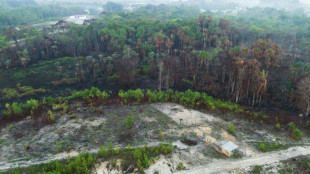 Brazil records 62% jump in area burned by forest fires: monitor
Brazil records 62% jump in area burned by forest fires: monitor
-
It will be 'big and punchy': Athletics chief Coe looks to future
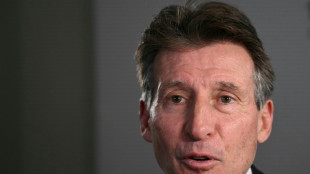
-
 India's Pant reprimanded for dissent in first Test
India's Pant reprimanded for dissent in first Test
-
Oil prices drop as Israel agrees to ceasefire proposal
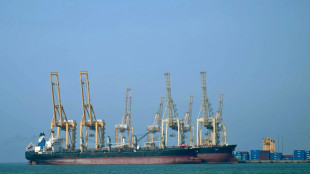
-
 UK aims to tackle Google dominance of online search
UK aims to tackle Google dominance of online search
-
'Not at the level': Atletico left to ruminate after Club World Cup KO

-
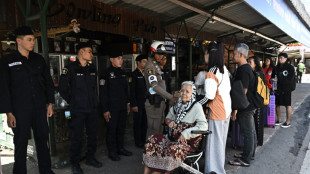 Border confusion as Thailand shuts land crossings with Cambodia
Border confusion as Thailand shuts land crossings with Cambodia
-
Vietnam puts 41 on trial in $45 mn corruption case
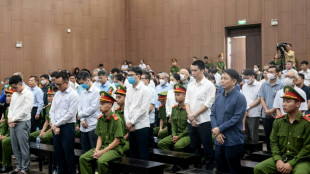
-
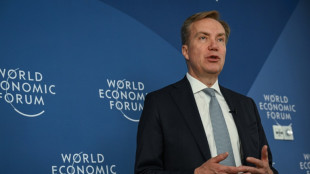 World facing 'most complex' situation in decades: WEF
World facing 'most complex' situation in decades: WEF
-
Trial of Sean Combs approaches final stretch

-
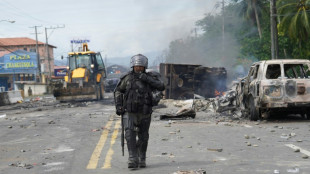 Panama says has regained 'control' of restive province after months of protests
Panama says has regained 'control' of restive province after months of protests
-
Trump says Iran-Israel ceasefire in force
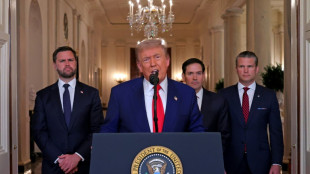
-
 Pharrell bigs up brown denim as Paris fashion week starts
Pharrell bigs up brown denim as Paris fashion week starts
-
'Companions' ease pain of China's bustling, bamboozling hospitals
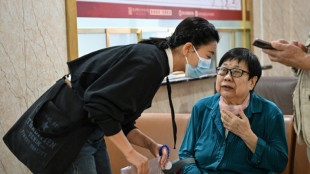
-
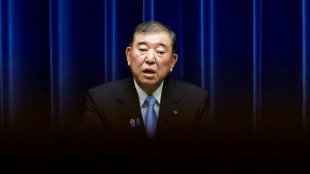 Japan PM to face tough upper house election on July 20
Japan PM to face tough upper house election on July 20
-
Judge tells Australian mushroom murder jury to put emotion aside

-
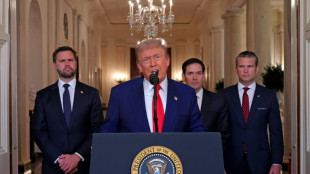 Israel says 3 killed in Iran strike after Trump's ceasefire announcement
Israel says 3 killed in Iran strike after Trump's ceasefire announcement
-
Messi's Miami and PSG progress to set up Club World Cup reunion

-
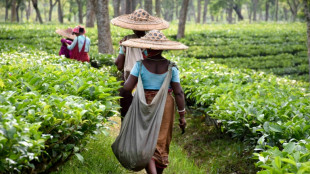 Rock on: how crushed stone could help fight climate change
Rock on: how crushed stone could help fight climate change
-
Porto, Al Ahly out after sharing eight goals in thriller

-
 Glamour, gripes as celebs head to Venice for exclusive Bezos wedding
Glamour, gripes as celebs head to Venice for exclusive Bezos wedding
-
Messi to face PSG after Miami and Palmeiras draw to go through

-
 Schmidt warned he must release Wallabies for Lions warm-ups
Schmidt warned he must release Wallabies for Lions warm-ups
-
Palmeiras fight back against Inter Miami - both teams through

-
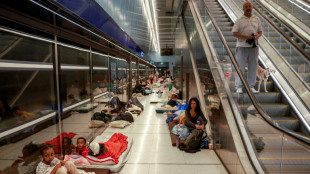 With missiles overhead, Tel Aviv residents huddle underground
With missiles overhead, Tel Aviv residents huddle underground
-
Virgin Australia surges in market comeback
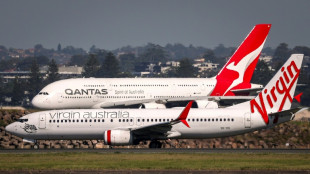
-
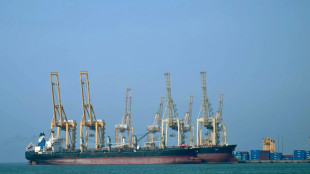 Asian stocks up as Trump announces Iran-Israel ceasefire
Asian stocks up as Trump announces Iran-Israel ceasefire
-
Flatterer-in-chief: How NATO's Rutte worked to win over Trump
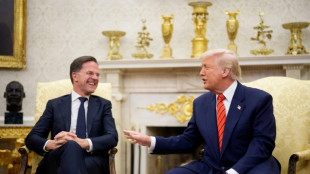
-
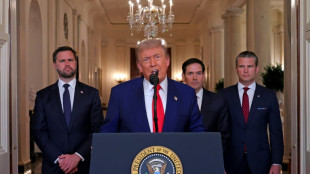 Iran signals halt to strikes if Israel stops
Iran signals halt to strikes if Israel stops
-
NATO summit seeks to keep Trump happy -- and alliance united
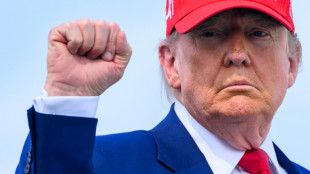
-
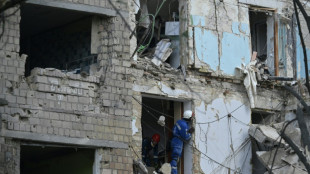 Russian drone attacks kill three in northeast Ukraine
Russian drone attacks kill three in northeast Ukraine
-
Better than gold: how Ecuador cashed in on surging cocoa prices
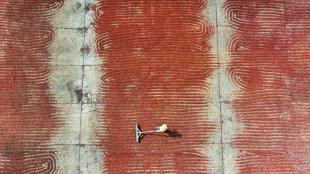
-
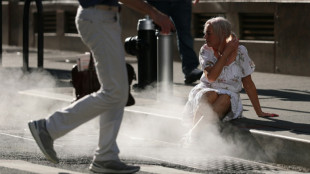 Millions in US sweat out first extreme heat wave of year
Millions in US sweat out first extreme heat wave of year
-
Pro-Palestinian protest leader details 104 days spent in US custody


Trump tariffs shake up China's factory heartland
In a drab office in China's industrial heartland, Andy Xiao frets over the future of his shoe materials business, now straining under sweeping tariffs imposed by Donald Trump.
The US president has targeted friend and foe alike since taking office a month ago, notably slapping additional 10 percent duties on products imported from China.
The move could affect hundreds of billions of dollars in trade and may worsen if the mercurial magnate follows through on his threats of even higher customs levies.
But for Xiao, the policy is already having "a major impact" on his firm, Weida New Materials.
Based in the southern city of Dongguan, the company makes artificial leather for shoe manufacturers, many of whom export to the United States.
The model leaves him vulnerable to downturns in shipments, a distinct possibility as Trump looks to upend trade rules.
"This has put a lot of pressure on us in China, and factories are also under pressure," said Xiao, adding that some shoe manufacturers have already requested lower prices in response to the new tariffs.
"There are definitely some concerns" about further hikes, he said, "but that is a matter of national policy –- it's not up to us".
Xiao said that if exports run into insurmountable hurdles, Weida may be forced to change its business model.
"If there is business (in the United States), we'll do it. If not, we can find other business domestically. We're not just targeting a single overseas customer, are we?"
Many suppliers in Dongguan -- home to a dense concentration of garment exporters -- have migrated operations to Southeast Asia in recent years, seeking lower labour costs and less stringent customs duties as trade frictions between Beijing and Washington persist.
But Xiao, who entered the industry in 2014, said he had resisted the trend as many companies ended up struggling with unforeseen challenges like getting paid for shipments on time.
"Firms have migrated in recent years, but feedback of many people that went there wasn't very good," said Xiao.
"They encountered many difficulties," he said, such as obstacles in settling payments with currencies other than China's yuan.
"The risks are great."
- When the levy breaks -
In a factory complex in the city of Guangzhou, rows of staff bend over clattering sewing machines, churning out heaps of clothes for bargain-seeking American online shoppers.
The workshops are among thousands to see orders surge in recent years by supplying hyper-efficient e-commerce platforms Shein and Temu, which have taken the United States by storm.
Those brands have built their models largely on a US policy known as the de minimis exemption, which allows goods with a value of $800 or less to enter the country duty free.
Trump has said the 10 percent tariff will also apply to those products –- but imports have continued as usual while authorities figure out the logistics of taxing the torrent of shipments.
Still, Zhu, a factory production manager in his late thirties whose company exports to the United States, said he was "relatively optimistic" about business prospects.
Zhu said he had noticed a significant uptick in orders in recent years, as the new low-cost e-commerce giants amass huge customer bases in developed countries.
"If you think about it, the United States definitely will not produce its own clothing," he said.
"They have become used to relying on manufacturing in Southeast Asia and China... so future prospects for the processing industry are still pretty good," he told AFP.
- No Trump slump, yet -
China has stated "resolute opposition" to Trump's fusillade of tariffs, responding with reciprocal measures and warning of further moves to protect its economic interests.
Beijing is battling long-term economic problems of its own, with slowing growth adding to a debt crisis in the property sector, low consumption and high youth unemployment.
The country's southern export belt provides jobs to millions of people, many of them migrants from deprived rural areas.
But workers in an area unofficially dubbed "Shein town" mostly shrugged off the tariffs -- at least while their impact remains bearable.
"Production is busy so we just focus on that," said Peng, Zhu's coworker, adding that it was a matter for senior management.
Zhong, a manager at a clothing factory in the nearby city of Zhongshan, told AFP while perusing local job boards he was not worried about trade frictions with the United States.
The manufacturing hub where he works has also been bustling in recent years, Zhong said, adding that he had come to "Shein town" to compare employment scenes.
"I think our government will be able to respond and figure out a solution," he told AFP, as hundreds of workers behind him walked back to the factories for afternoon shifts.
R.Halabi--SF-PST
